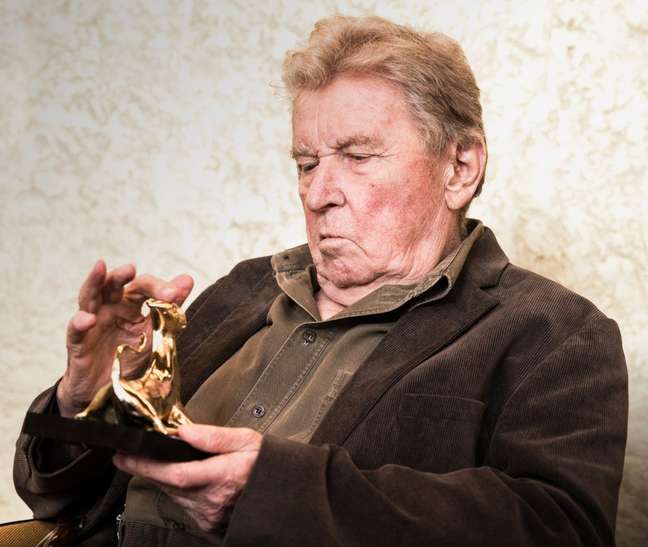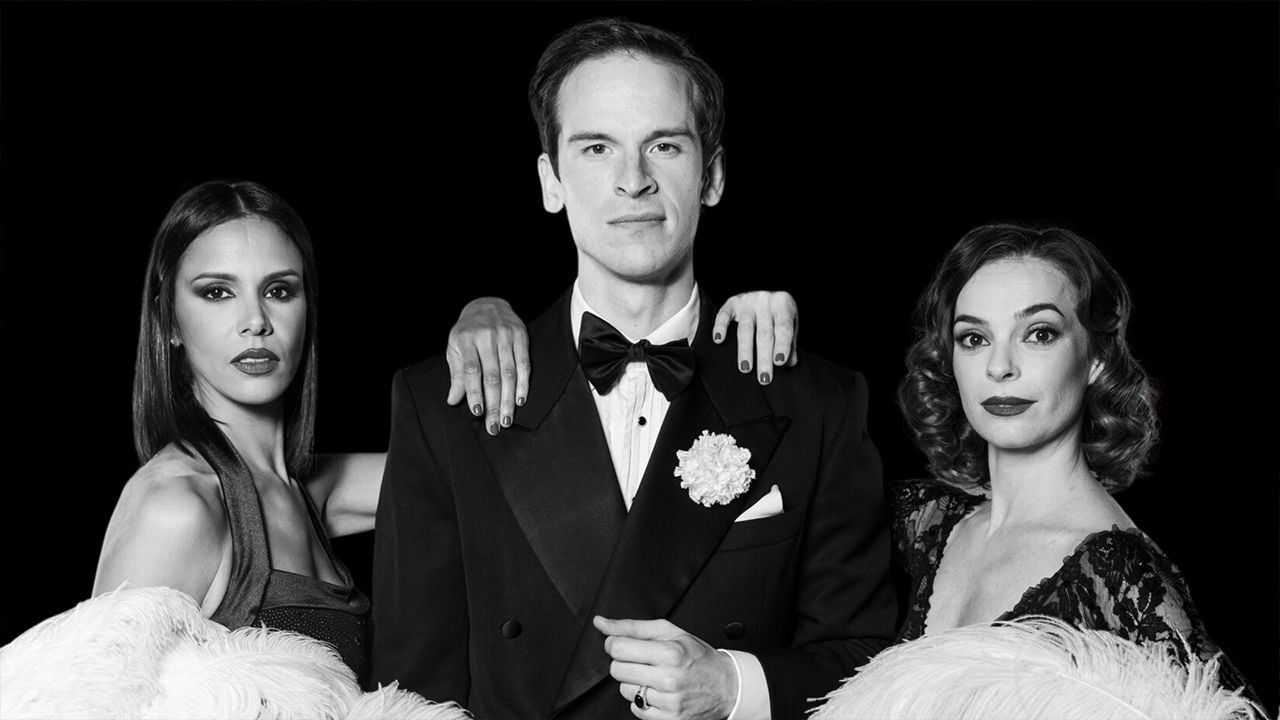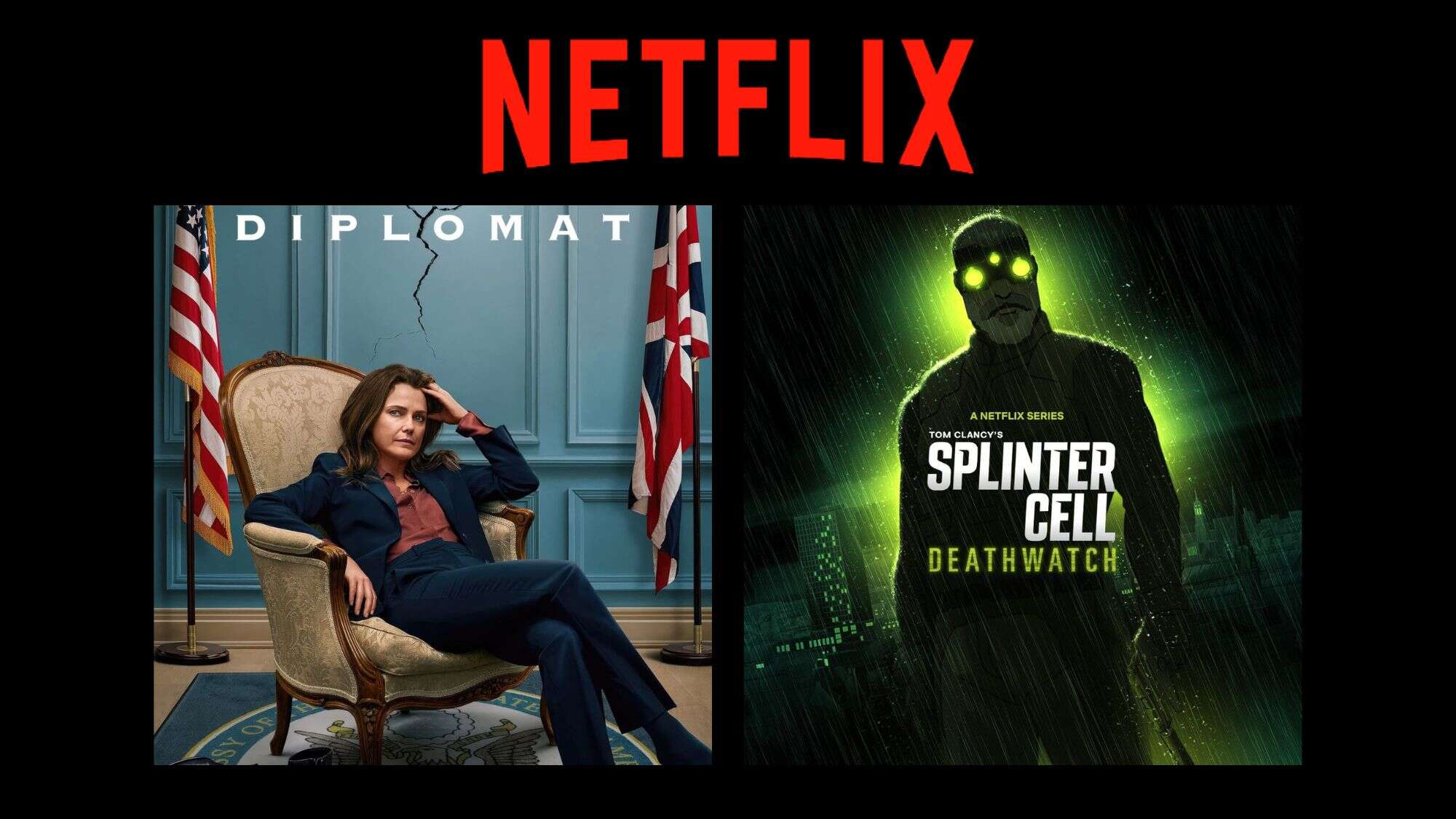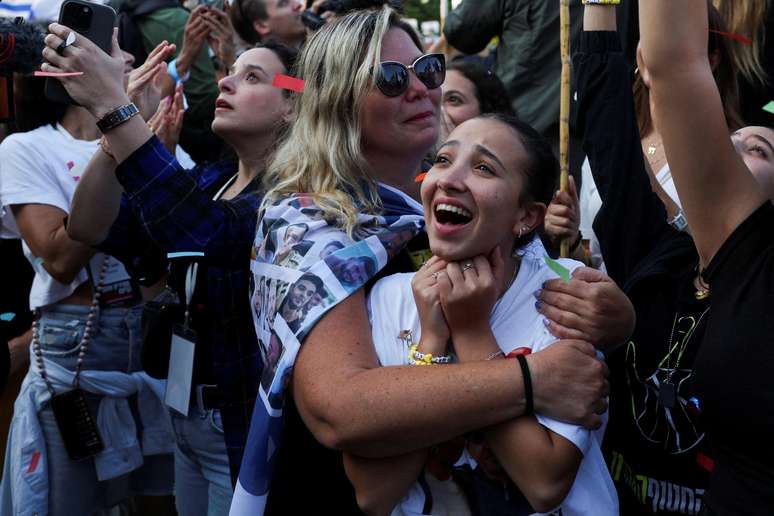
Director Jean-Marie Straub, icon of European experimental cinema and author of numerous films together with his wife Danièle Huillet (1936-2006), died on Saturday evening (19/11) in Rolle, Switzerland. He was 89 years old.
Straub’s death was confirmed by the French newspaper Le Monde, but the cause has not yet been disclosed.
Born on January 8, 1933 in the city of Metz, France, Straub was part of the generation of French cinephiles of the 1950s who were responsible for creating the cult magazine Cahiers du Cinema.
When French critics set out to make their own films, Straub followed suit. He began his film career working as an assistant to great filmmakers such as Jean Renoir, Robert Bresson and Jacques Rivette.
In 1958, Straub was called up for military service during the Algerian War, but chose instead to go into exile in Germany. And it was there that he began his career as a director, joining the so-called New German Cinema, whose greatest exponents were Werner Hezog and Rainer Werner Fassbinder.
The following year, Straub marries Danièle Huillet (1936-2006) and the two begin making films together, starting with the short film “Machorka-Muff”, released in 1963.
Two years later “The Unreconciled” was released, a 55-minute film that tells the story of several generations of a German family. Straub signed on to direct the film himself, but co-wrote the screenplay with his wife.
Straub and Huillet shared the direction of their next film, “Chronicle of Anna Magdalena Bach” (1968), a biopic of composer Johann Sebastian Bach told through the eyes of his wife, Anna. The film garnered rave reviews from critics and consecrated the directorial duo, who began signing their works as the Straubs.
Shortly afterwards the couple moved to Rome, where a new phase began with the release of several feature films. Over fifty years, the two have sought to manifest what they termed “an abstract pictorial dream”, creating homages to directors such as Jean Renoir and Robert Bresson.
The list of Straubs’ works still includes “Moses and Aaron” (1975), “From Cloud to Resistance” (1979), “Class Relations” (1984), “The Death of Empedocles” (1987), “Antigone” ( 1992), “People of Sicily” (1999) and “These meetings with them” (2006).
But prolific as they are, the duo have never enjoyed much popular reception or commercial success, though they have built their careers adapting famous works of literature or theater. Among the names adapted by them are Bertolt Brecht, Franz Kafka and Elio Vittorini.
After his wife’s death in 2006, Straub virtually abandoned feature films, dedicating himself to directing short films. He directed over 20 short films over a 14 year period. His only feature film in that time frame was ‘Kommunisten’ (2014) and his latest directorial credit was in the short film ‘La France Contre les Robots’ (2020).
The couple received a Golden Lion for Lifetime Achievement each hour at the 2006 Venice Film Festival and Straub was awarded a Leopard of Honor at the 2017 Locarno Film Festival. “Horse Money”) and American Thom Andersen (” Los Angeles Por Itself”), who have already publicly admitted their admiration for the duo.
🇧🇷The best content in your email for free. Choose your favorite Terra newsletter. Click here!
Source: Terra
Jason Root is a writer at Gossipify, known for his in-depth coverage of famous people in entertainment, sports, and politics. He has a passion for uncovering the stories behind the headlines and bringing readers an inside look at the lives of the famous. He has been writing for Gossipify for several years and has a degree in Journalism from UC Berkeley.



-t4ibkqt14qpk.jpg)



